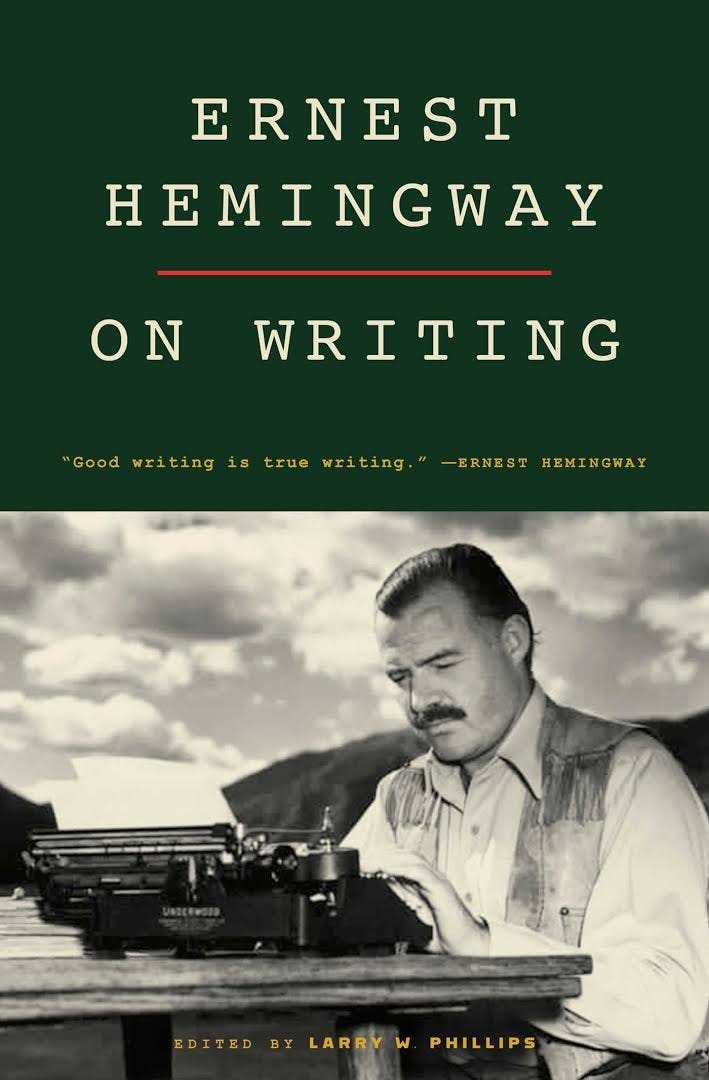Forget your personal tragedy. We are all bitched from the start, and you especially have to be hurt like hell before you can write seriously. But when you get the damned hurt use it—don’t cheat with it. Be as faithful to it as a scientist—but don’t think anything is of any importance because it happens to you or anyone belonging to you. And so on…
“On Writing,” a compilation of insights from one of the most influential literary figures of the 20th century, is like a short course in writing. Through letters, essays, and musings, Hemingway shares his thoughts on craft, discipline, and the philosophy that shaped his famously concise and impactful style.
This was my third encounter with Hemingway’s writings. I first read The Killers as part of my translation course, then A Moveable Feast, one of my favourite memoirs. Hemingway was a dedicated writer—sometimes obsessed with perfection—which, as we can see, led to great success.
Learning from the Best
To be good at anything, one must study the best. Whether by reading, watching, or listening, learning from the greats is essential for mastery and creativity. As a marketer, I apply the same principle: knowing the best brands in the market, studying them, and striving to be as good as—or better than—them. Hemingway embraced this idea fully, believing that writers should challenge themselves against the greatest literary minds in history.
In a letter to William Faulkner, Hemingway advised him to read the best writers of all time and aim to surpass them. He outlined a plan:
You shouldn’t read the shit about living writers. You should always write your best against dead writers—we know their stature (not just stature, but evocative power). Beat them one by one. Why start with Dostoevsky in your first fight? Beat Turgenev first—which we both did soundly.
Writing with Experience and Precision
Not only did Hemingway believe in learning from the best, but he also firmly believed that experience is the foundation of great storytelling. He often advised writers to observe the world keenly and draw from real-life experiences rather than relying solely on imagination.
It’s always fascinating to learn about the writing habits of great authors. Hemingway believed in simplicity and precision. He emphasized short sentences, cutting unnecessary words, and writing with honesty. His approach—“write the truest sentence that you know”—has influenced generations of writers.
Discipline Over Inspiration
Hemingway’s dedication to daily writing habits is another lesson. He was meticulous in his process, often writing in the morning and tracking his word count, reinforcing the idea that writing is as much about discipline as it is about inspiration.
Although his life ended tragically, his work continues to inspire. His influence on literature is undeniable, and his lessons on writing remain relevant today.
P.S. The first time I saw this title, I thought it was Stephen King’s book. I haven't read it yet, but it’s on my list!
If you enjoy reading about writing, this is a small but insightful read worth exploring!
Thanks for reading☺️ If you liked this review, press ❤️ and share it with your friends!




